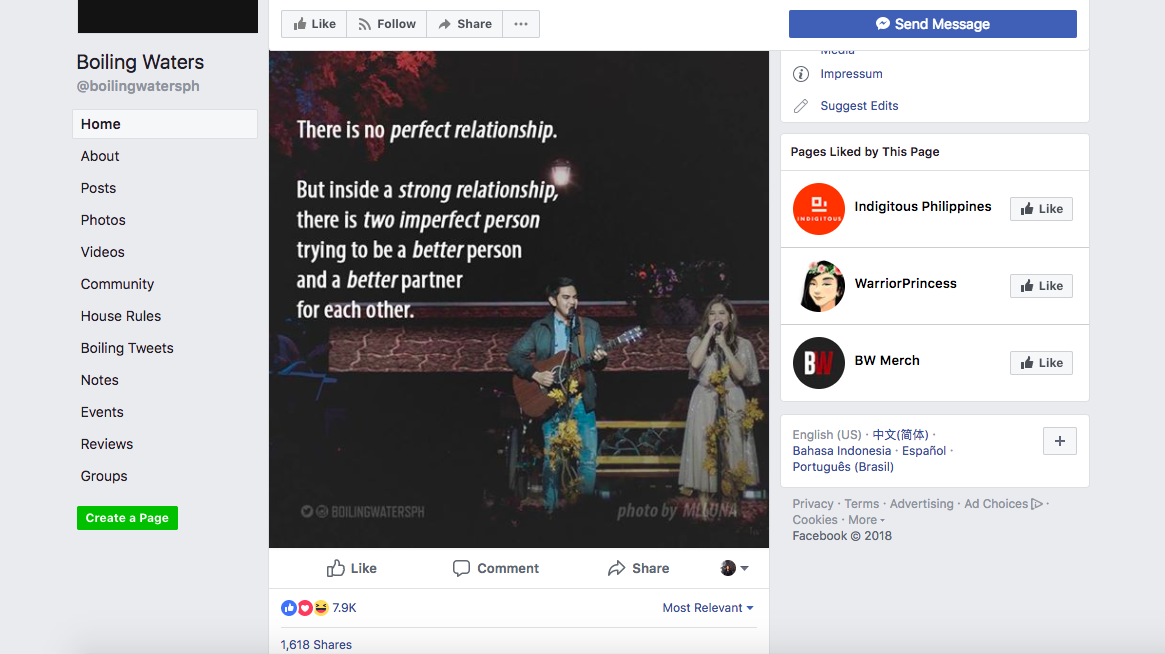
At this year’s GoForth National Missions Conference, experts from the field gave both spiritual and practical reasons why Christians in Singapore should focus on helping cities.
In the opening speech during the GoForth Leaders’ session on Thursday (21 June), Dr Mark Beliles, the founder of Global Transformation Network, said that the disciples’ Great Commission started in urban centres such as Ephesus, Corinth and Rome. These places were the starting point to disciple the entire world (Matthew 28:18-20).
“The heart of it is to bring the unchanging gospel to the changing generation.”
“When Jesus said to the apostles to go to all nations, He lifted the mission above and beyond what any of them could have imagined. Perhaps if the disciples thought about nation before this, it would have been just the nation of Israel,” said Dr Beliles.
“But Jesus said not just Israel; all nations. And I’m convinced, when Jesus said this, he had Singapore in his mind.”
Reverend Guna Raman, the Southeast Asia regional director of urban church planting network City to City and Senior Pastor of Agape Baptist Church, who also spoke, added in his speech that mission work in cities is the key to transforming the entire country or region.
Transforming cities
Cities, he said, hold much power in numbers as even more people are flocking to them. These centres present growing opportunities to reach out to the people living in them.
According to a May 2018 United Nations news release, 55% of the world’s population lives in urban areas today, and this is expected to rise to 68% by 2050, with close to 90% of the increase occurring in Asia and Africa.
Centres of culture
Rev Raman said that cities are also places where culture is created – films are made in Los Angeles and Mumbai, fashion trends come from Paris and Milan, and the latest technology products from the likes of Silicon Valley and Tokyo – and shipped to the whole world. Therefore, what happens in cities impacts the larger community.
Cities are centres of worship as well – places where people “pay homage to some type of god” that gives them significance and identity, he added.
For example, Singapore worships hard work, affluence and processes, Rev Raman quipped.
Churches need to know what the city is worshipping so that they can contextualise themselves to relate to the city-dwellers, he said.
Impacting nations
To really make a change in a country, it is not good enough for believers to only unite in prayer and focus on traditional evangelistic work, though all that is important, said Dr Beliles.
“In history, we see great church growth, great evangelism, an amazing commitment to prayer, but yet the nation may not be impacted in a major way.”
Churches must also develop and reach out to individuals because they can end up becoming leaders with influence in society and can ensure a “great shift in the nation towards a culture that glorifies God”.
Dr Beliles used the seven mountains model to point out where these leaders are needed – in government, healthcare, business, education, arts and entertainment, media and family.
Ministry to the marginalised
Youth With A Mission (YWAM) Singapore’s national director, Joseph Chean, who also shared, said that the most important aspect of helping the urban poor is to befriend them.
YWAM’s local ministry started their work with the marginalised after its team asked themselves, “If Jesus had a house in Geylang, what would He do?”
This was an apt question as its Singapore’s office is located in Geylang, an area known for being Singapore’s red-light district.
The YWAM team members found themselves dumbstruck by the question and started to go on prayer walks to find out how they could respond to it.
“What the homeless in Singapore needed the most was a sense of belonging.”
One group found a community of homeless prostitutes struggling to raise their children in Geylang, while another found 80 to 120 homeless people living in Bugis where the former Victoria Street Wholesale Centre was located.
As YWAM Singapore staff and volunteers ministered to them, they found that while providing money, jobs and shelter helped, what the homeless needed most was a sense of belonging.
“Food was really not what they were looking for. They were just looking for people who would just sit down and have a conversation with them. Most of the homeless people don’t actually want to have a lot of things. They have no place to store them,” Chean said of the people they met at Bugis.
As for transient workers, it is important to disciple them not just when they are in Singapore, but when they return to their home countries, said Tang Shin Yong, the co-founder of HealthServe. To achieve this, churches, mission agencies and non-profit organisation have to connect with one another to provide this international support network.
Harnessing social media
As the world evolves, it is also vital for missionaries and church leaders to tap on digital media as an evangelistic tool, said Carol Loi, the founder of Village Consultancy.
Citing a January 2018 report from We Are Social, Loi said Asians were spending a lot of time on the internet, making up half of the top 10 countries most engaged in social media. Thailand and the Philippines were first and second on the ranking, respectively.
“The church has to go to where the people are.”
With more people online, Loi said that it is crucial that Christians engage through these digital platforms. Mobilising Christians or opening the hearts of non-believers could start with just one heartwarming story shared through Facebook or WhatsApp.
During a workshop on using media for urban missions, digital strategist for CRU Singapore, Simon Seow shared one example of a successful social media campaign in the Philippines called Boiling Waters.
It was started by a group of Christian men and women who wanted to change the way their Filipino peers approached relationships.
They used memes to spread positive messages about how to treat the opposite sex. These were backed by biblical principles, and some of them had pop culture references as well.

Screengrab of the Boiling Waters Facebook page.
The group now has over a million likes after launching two years ago.
Instead of posting explicitly Christian messages and verses, the group shared secular advice that was grounded in the gospel which could also resonate with non-believers.
Seow said that this showed how church leaders and missionaries have to go to where the people are so that they will be more open to exploring Christianity.
Seow added: “The heart of it is to bring the unchanging gospel to the changing generation.”
We are an independent, non-profit organisation that relies on the generosity of our readers, such as yourself, to continue serving the kingdom. Every dollar donated goes directly back into our editorial coverage.
Would you consider partnering with us in our kingdom work by supporting us financially, either as a one-off donation, or a recurring pledge?
Support Salt&Light


